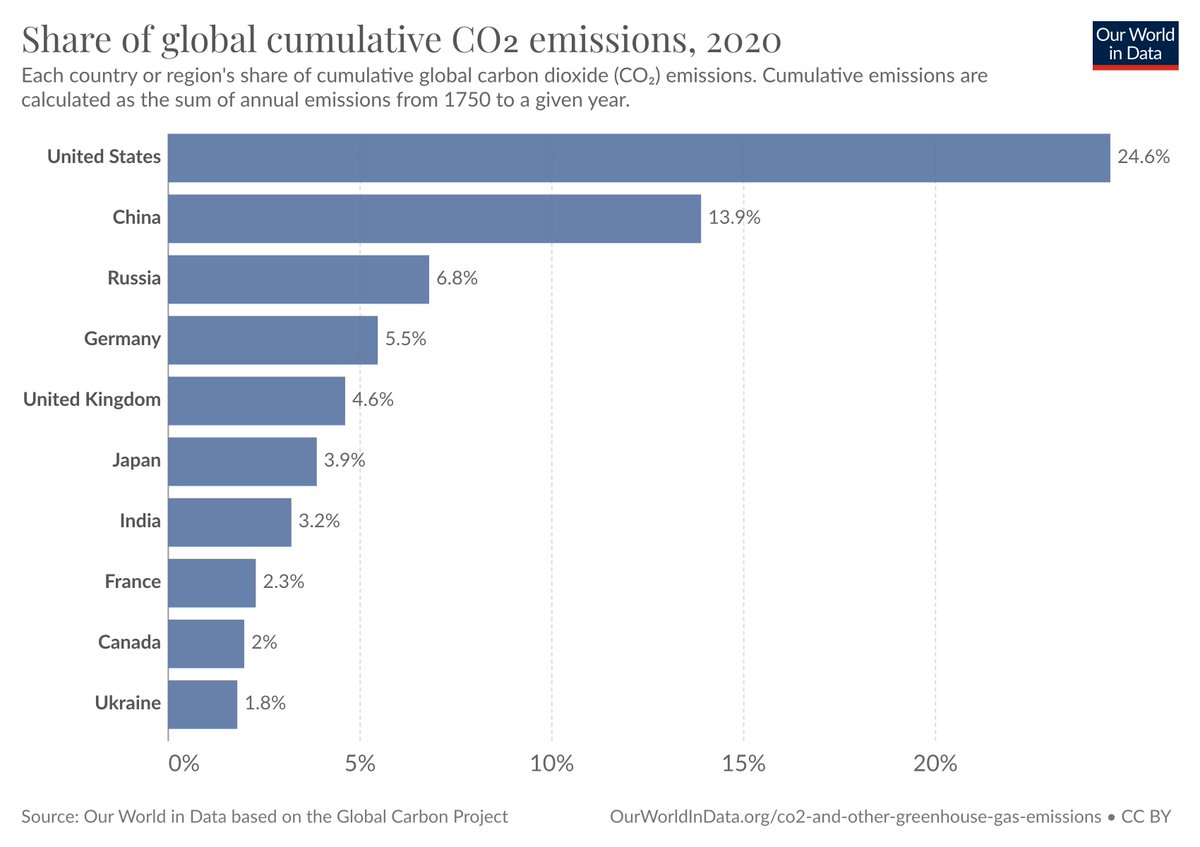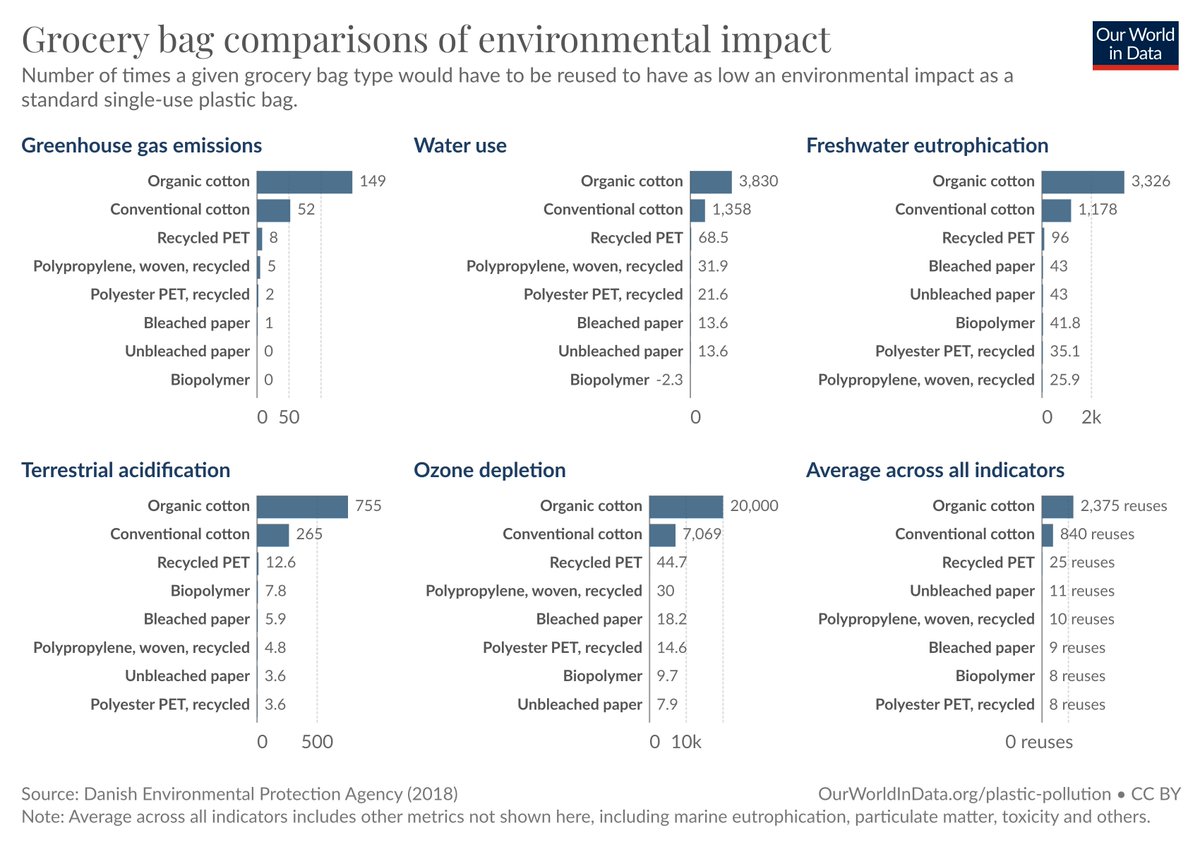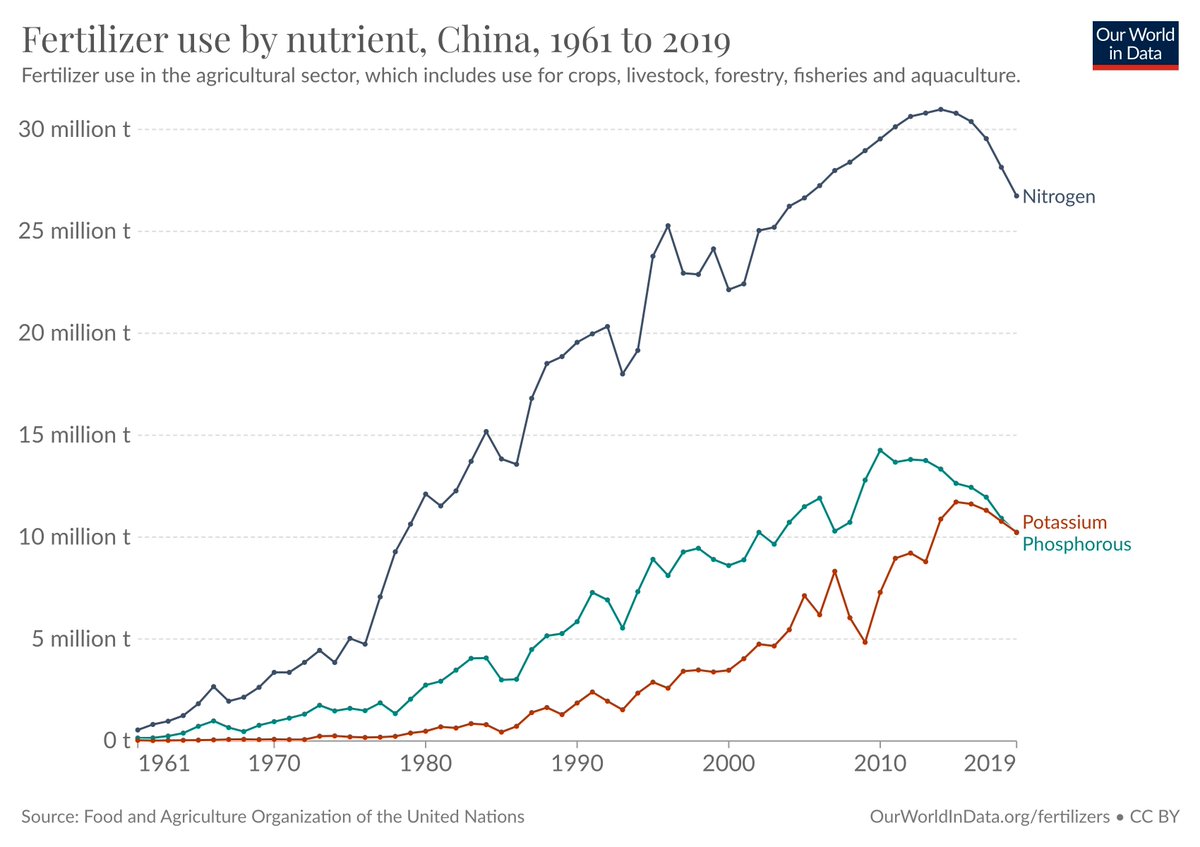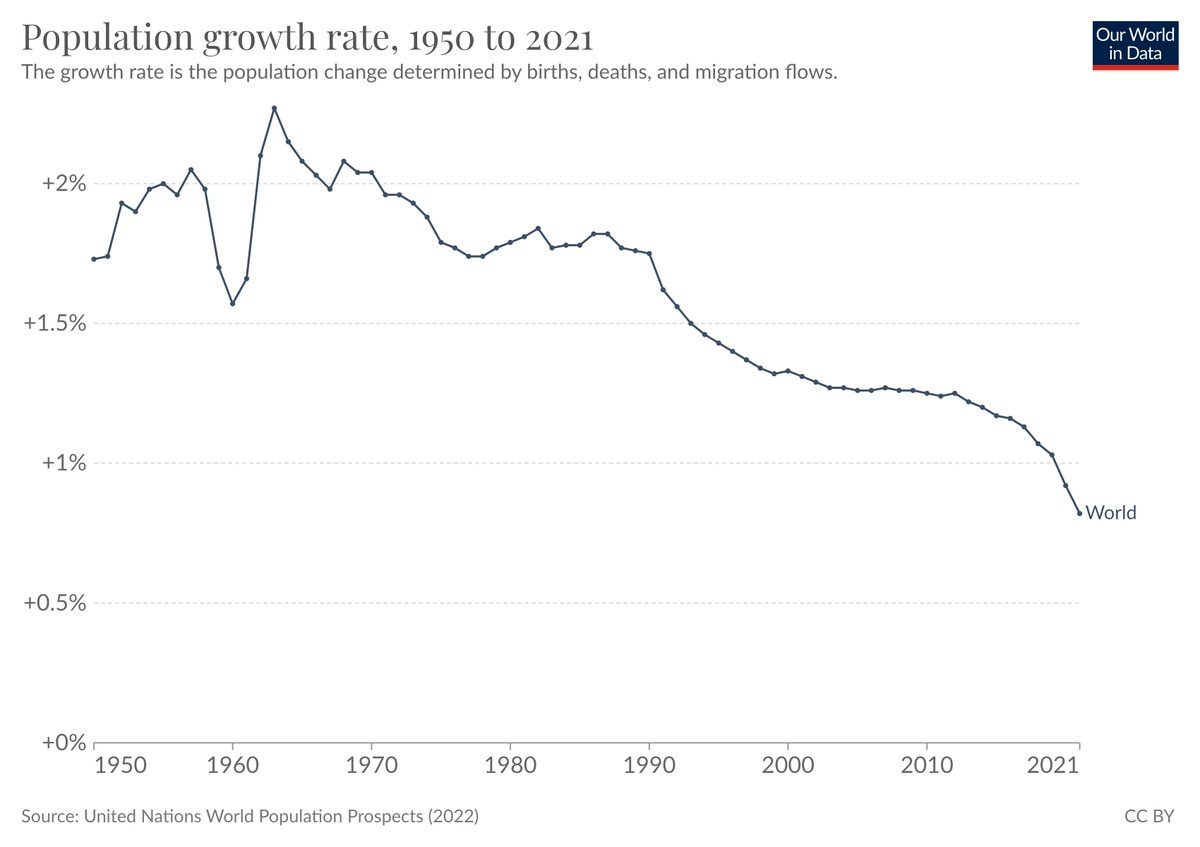
Deputy Editor @OurWorldinData / Researcher at @UniofOxford / Honorary Fellow at @EdinburghUni @EdCentreCC / Not the End of the World: https://t.co/FoINhggvoR
8 subscribers
How to get URL link on X (Twitter) App


 2. Blue Machine by @helenczerski
2. Blue Machine by @helenczerski



 @guardian Most of the claims in the article are wrong.
@guardian Most of the claims in the article are wrong.

 @Jones_MattW @gcarbonproject @OurWorldInData First, the team calculcates contributions to temperature rise using cumulative emissions of CO2, methane & nitrous oxide since 1850.
@Jones_MattW @gcarbonproject @OurWorldInData First, the team calculcates contributions to temperature rise using cumulative emissions of CO2, methane & nitrous oxide since 1850. 


 @f_spooner @OurWorldInData This redesign includes a block of Key Insights on the topic 👇
@f_spooner @OurWorldInData This redesign includes a block of Key Insights on the topic 👇

 @NatureFoodJnl Some of the key points:
@NatureFoodJnl Some of the key points:

 @OurWorldInData Key insights.
@OurWorldInData Key insights.
https://twitter.com/TonyClimate/status/1597396575831003141This does not mean climate change isn't happening, or that it doesn't pose a risk.

 The best way to dig into this data is in our CO₂ data explorer.
The best way to dig into this data is in our CO₂ data explorer.

 Some countries get most (or all) of this low-carbon electricity from renewables 👇
Some countries get most (or all) of this low-carbon electricity from renewables 👇

 For the same countries as above.
For the same countries as above.

 @WWF @OfficialZSL @OurWorldInData The Living Planet Index is very easy to misinterpret (I've done it in the past).
@WWF @OfficialZSL @OurWorldInData The Living Planet Index is very easy to misinterpret (I've done it in the past). 

 This is a question that I've wanted to answer for a long time, but have lacked the data to do so.
This is a question that I've wanted to answer for a long time, but have lacked the data to do so.
 @OurWorldInData We previously presented two charts on these comparisons.
@OurWorldInData We previously presented two charts on these comparisons.

 The items of waste we find also depends on the river and ocean environment.
The items of waste we find also depends on the river and ocean environment.

 To be clear: the key take-home from this is not that we don't need fertilizer, or that it's not important.
To be clear: the key take-home from this is not that we don't need fertilizer, or that it's not important.
 I recently did an update of our figures on energy safety.
I recently did an update of our figures on energy safety.
 @OurWorldInData The UN projects that the world will pass 8 billion by November this year.
@OurWorldInData The UN projects that the world will pass 8 billion by November this year.


 While agricultural land use has fallen, the amount of food we produce has continued to increase.
While agricultural land use has fallen, the amount of food we produce has continued to increase.